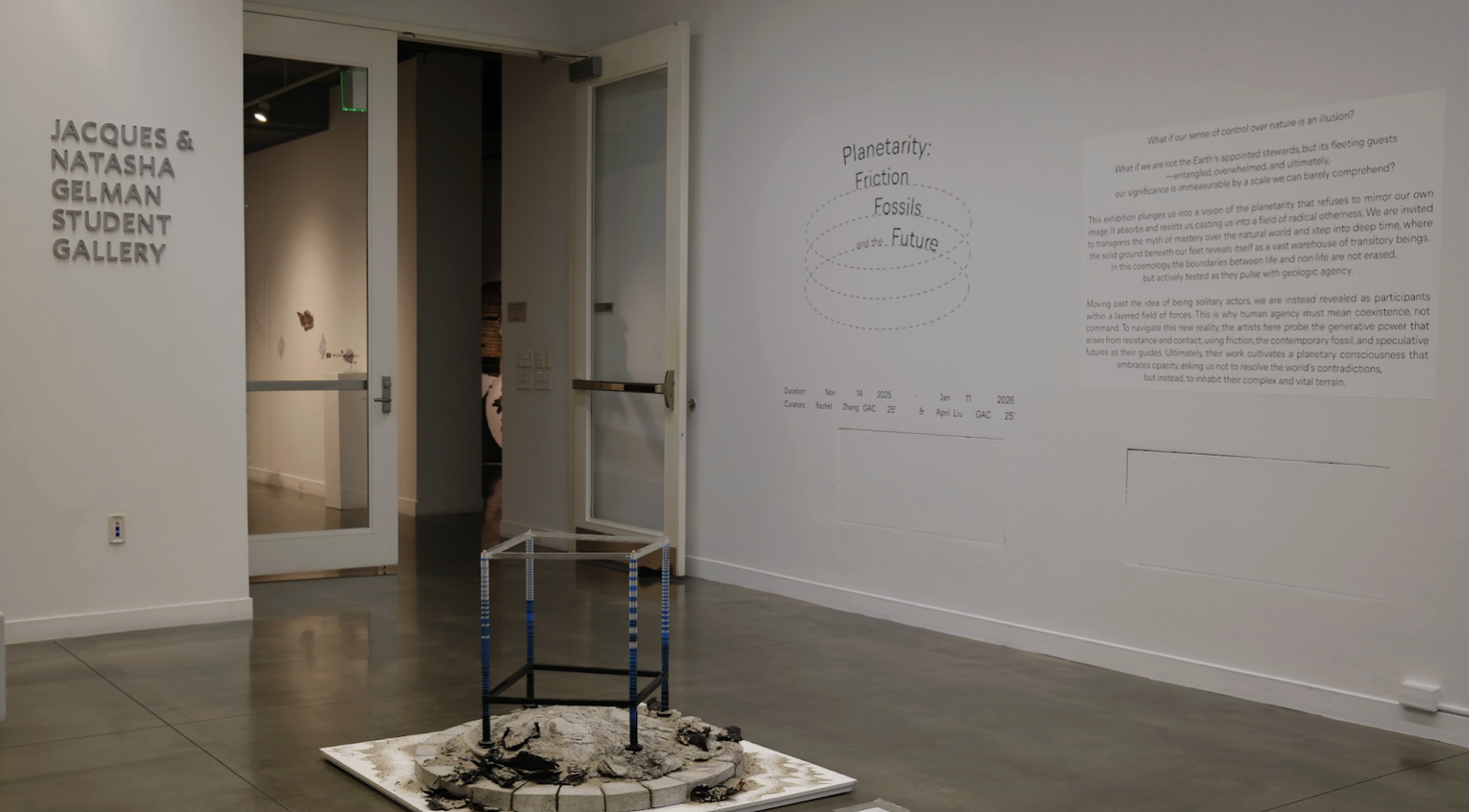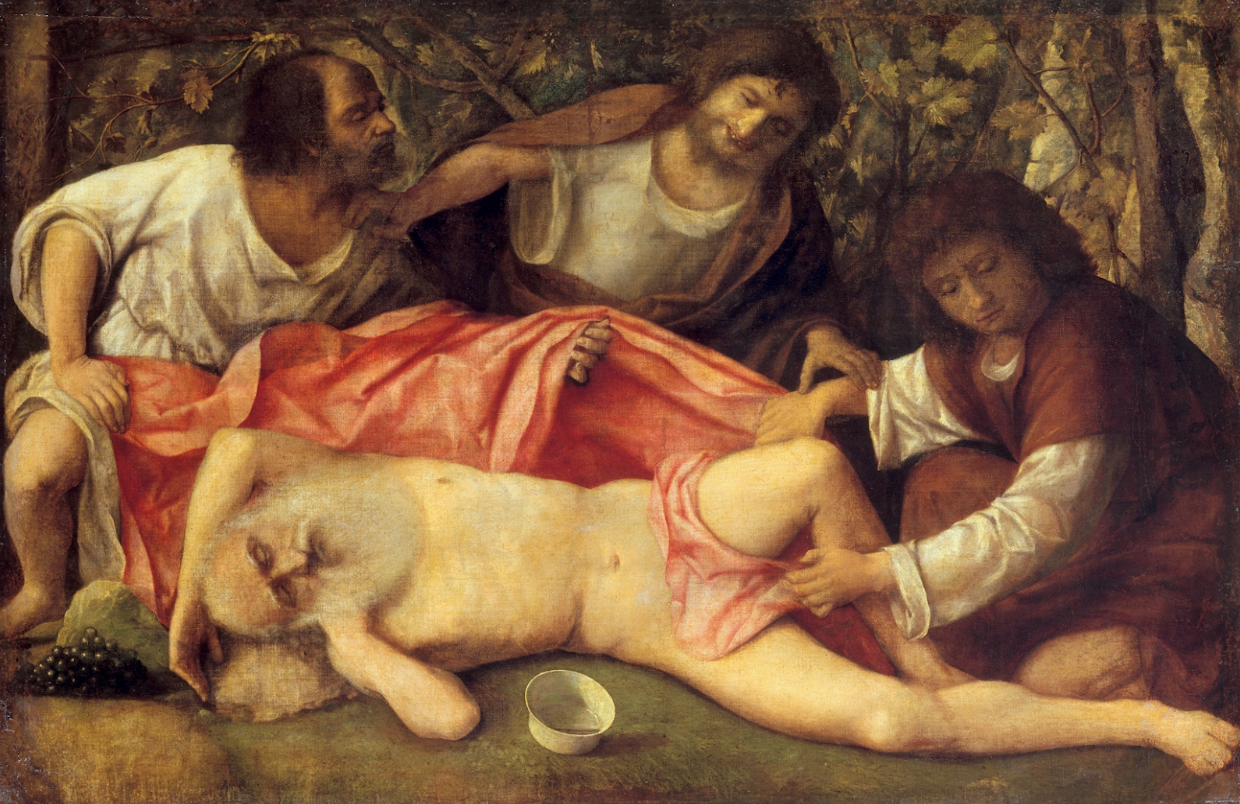From the Art Review Archive, Spring, 2024: Michael DeLaurier talks with the Review about meditation, house parties, and the transformative power of light.
Nothando Chiwanga with her piece “Immortal”
“We Should All Be Human,” an all-female art exhibit in Harare, Zimbabwe, is an “homage to women’s ambitions and their victories,” art curator Fadzai Muchemwa claims. The exhibition includes paintings, photographs, textiles, sculptures, and ceiling installations created by female artists from all over Zimbabwe. They span issues relating to migration, the economy, mental health, women’s reproductive rights, pregnancy, and maternity leave.
Pieces in the collection, such as “Immortal” by Nothando Chiwanga, call upon women to break free of their gender roles and “reinvent themselves,” in the words of the artist herself.
Chiwanga, a Zimbabwe’s National School of Visual Arts and Design alum, explains that “in Africa, women are mostly looked down upon. People just see the face or body but the work that you do can also represent your identity.” Her self portrait, “Immortal,” depicts the artist covering her face with a yellow miner’s helmet as money spills over the edge of a traditional African reed basket held in her lap. Allusions to a male-dominated job and an object associated with a conventional women’s chore challenges creates a visual juxtaposition that encapsulates the harmful gender roles still enforced upon women, especially in Zimbabwe’s patriarchal society. The blur of bright colors in the painting is a striking combination of red, yellow, brown, and black, illustrating the intentions of the artist to showcase the complexities of women’s lives in Zimbabwe.
The exhibit, featured since International Women’s Day on March 8th, 2023, intends to highlight and uplift young female artists, encouraging them to continue to make art and maintain their career paths despite the strong norms of settling down in marriages and accepting domestic lifestyles. While women make up more than half of Zimbabwe’s population, they are still concerningly underrepresented in higher education and formal employment and face social pressures to marry before they even reach the age of 18. Until recently, girls could marry at a younger age (16) than boys (18).
Muchemwa explains that Zimbabwe’s patriarchal environment does not support female artists, yet their male counterparts are uplifted and celebrated. She fiercely claims that women “are featured more as subjects and not as creators of art” and that this “is a narrative that we need to change.”
Chiwanga is one of the many inspirational women in Zimbabwe who dedicates her craft to diminishing this harmful narrative that negatively impacts the lives of many women in her country with dreams and goals that do not fit socially accepted norms. Women-formed collectives like “We Should All Be Human” pushes for these messages and synthesizes new thoughts about society, creating new and open spaces for women within it. “As an artist, I have told myself that if I really want to achieve, I need to be big. You mustn’t force a woman to be in marriage before she can perfect herself,” Chiwanga says with confidence and determination. She is breaking the mold for women in Zimbabwe, and her example will clear the path for so many more worldwide.





